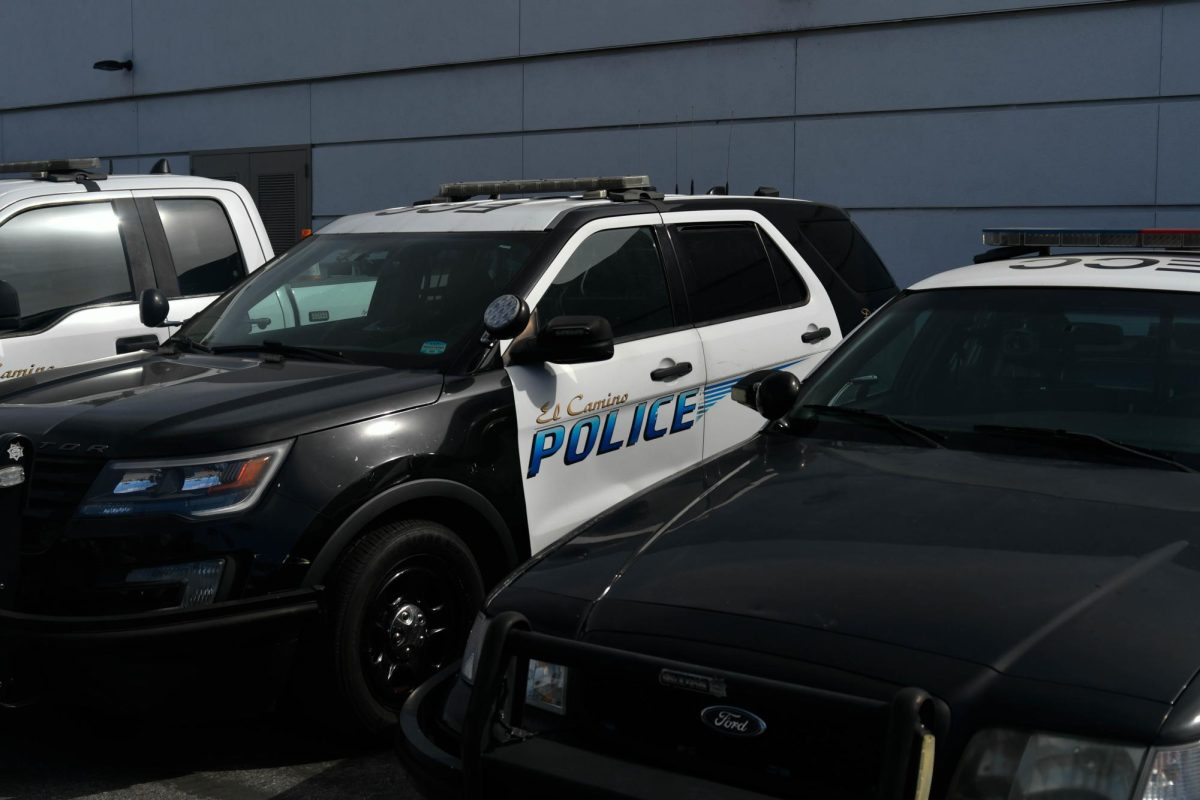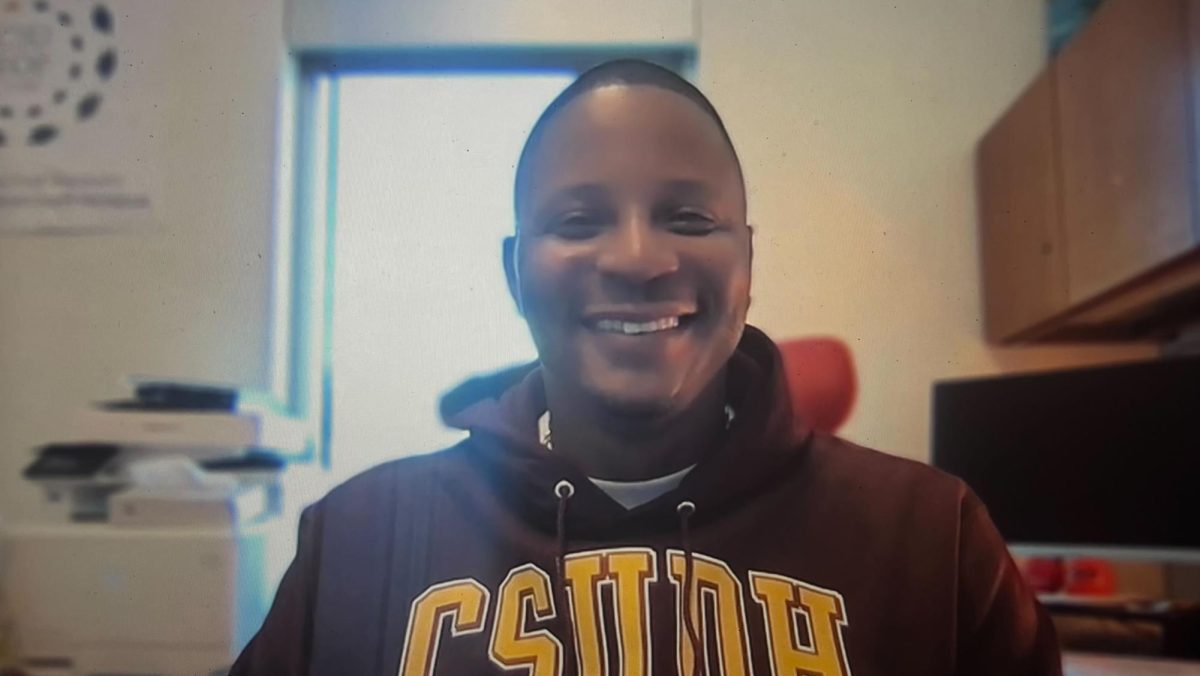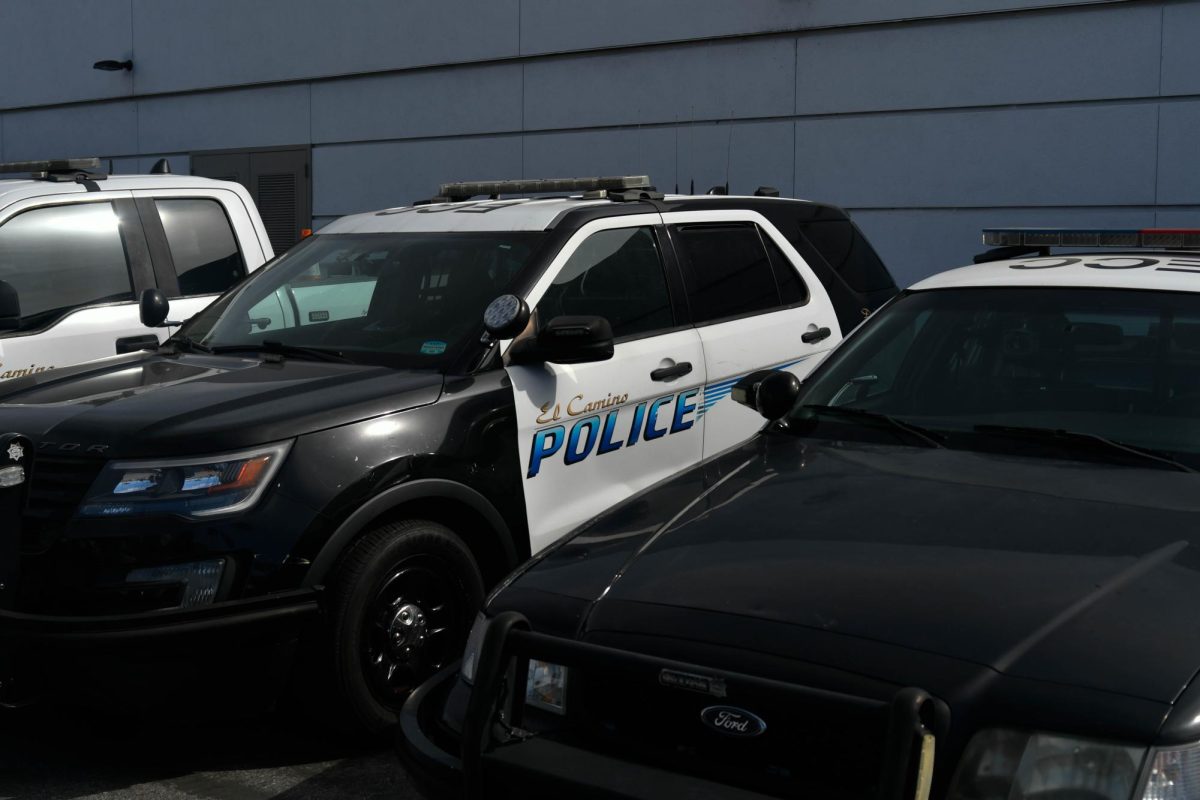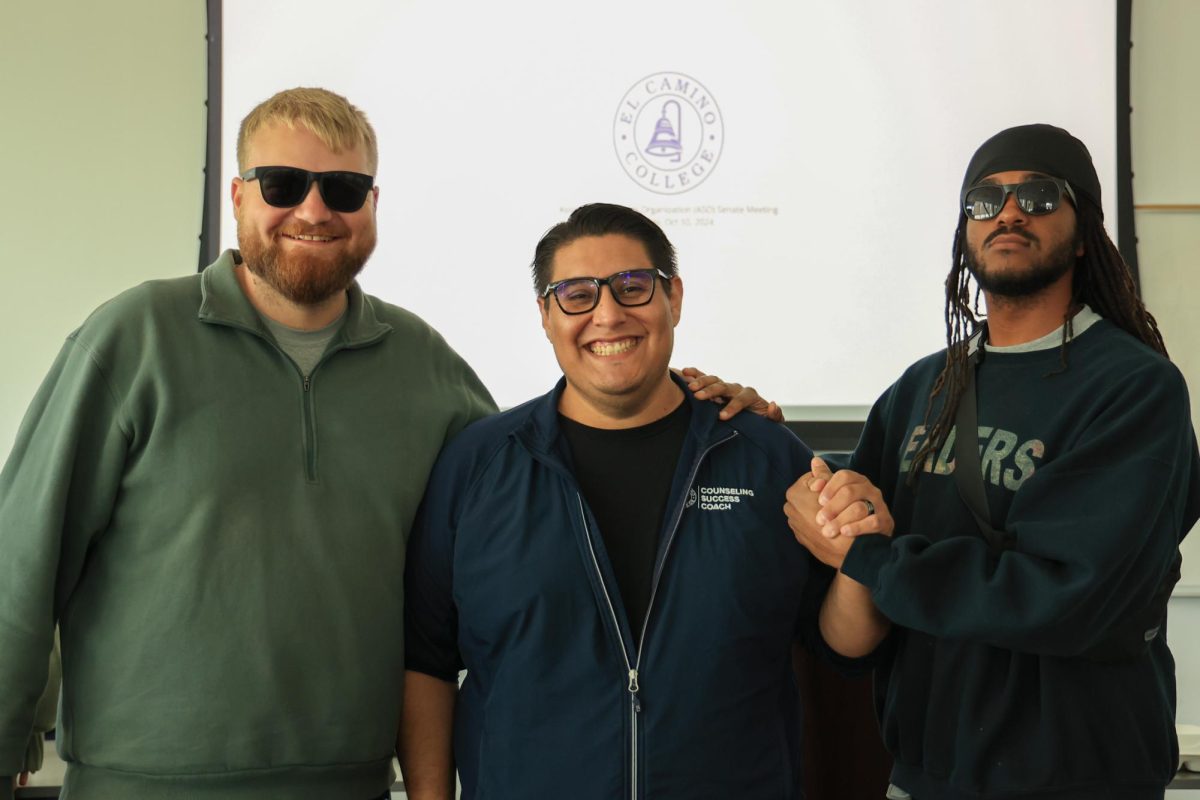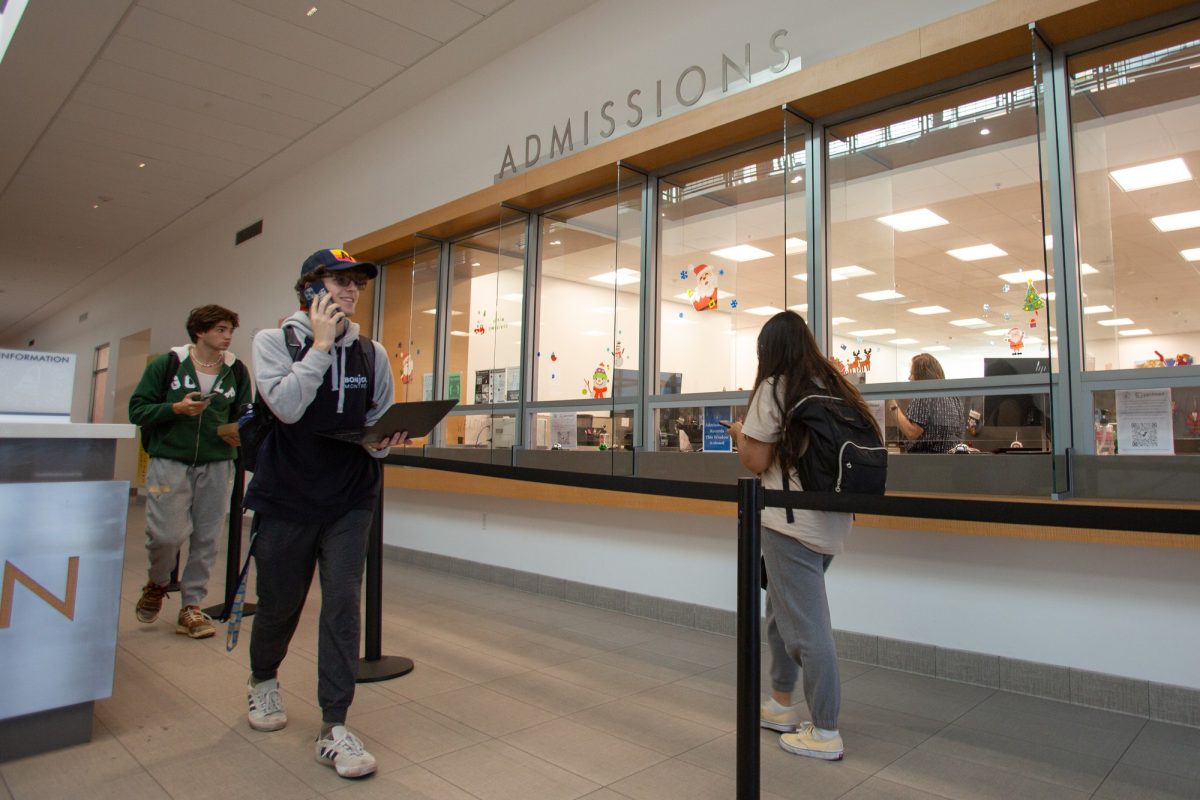With an ever-changing job market, it seems critical to choose a satisfying major that caters to a student’s interest and practicality. Students who do not know which major to pick often take a variety of classes to gauge where they will fit best.
“(Students) should pick a major by finding a compromise between what they like to do and what’s practical,” Marissa Beuhler, communicative disorders major, said.
Choosing a major is a dilemma that many college students face. The common advice that students hear from people is to take classes that they are interested in.
However, website Fastweb.com has a different take on the idea: “Try the reverse strategy: Take a closer look at what you don’t want to do. That way, you can explore the opposite and start getting at least some sense of what you do want to do,” according to the website.
Some students use services offered by the Career Center, such as the California Career Information System, also known as Eureka.
This is a computer program that helps in job searches, provides explanations of different occupations and assists in planning college coursework. The system then predicts what major a student is likely to pursue based on individual answers to a list of career-related questions.
“There is no such thing as the perfect major. Students have a lot of interests and abilities and they’re trying to discover what major is compatible with their interests and personality,” Van Nguyen, career adviser, Counseling Division, said.
Practical students tend to look at job forecasts and the economy’s situation to see what are jobs will be in demand in the future. Yet, due to the ever-changing economy, doing this is a complicated matter. Outsourcing jobs and fluctuations in the economy are culprits that cause yesterday’s graduates to lose their jobs; thus, college students nowadays are trying to weigh which majors will be fitting for them in the long run.
“The most popular major in EC is the undeclared major,” Nguyen said.
Interest in the major of choice should factor in when determining which major will suit a student.
“Most experts say basing a major decision solely on the expected hot jobs of the future is not necessarily wise,” according to an article published in the L.A. Times.
“Students should take the time to find within themselves what they like doing and eventually, they’ll know what’s right for them,” Wendy Alvarez, animal science major, said.
“They should take different classes, because any class will benefit students, since they will always learn something new,” she said.
There are also cases where students hold out for the perfect major that will suit what they want to be in the future.
“It’s not a bad thing to stay undecided because it takes some people longer to decide what major is right for them. But then in the long run, it is important to declare a major because then, you can put your energy on one field and go from there,” Alvarez said.
But prolonging the delay in choosing a major can dampen a student’s motivation to succeed.
“When you have a major, you get a lot more direction from the counselors, and you have a goal. But when you don’t have a major, you tend to wonder why you’re taking all these different classes,” Beuhler said.
“I think it is important because the major is going to be your career choice and you’re going to stay with that career for a while so you have to choose the right one to be happy,” Wendy Alvarez, animal science major, said.
Everything happens for a reason, and eventually, you’ll find what you’re meant to do,” Alvarez said.
“Being undecided is not a bad thing. Being undecided means you are unsure of what you want to be,” Nguyen said. “Undecided students need guidance and resources to find out about careers. A lot of students are not aware of the services available to them. Expose your interests, get an internship, talk to your professors to find out about what different majors are all about.”



